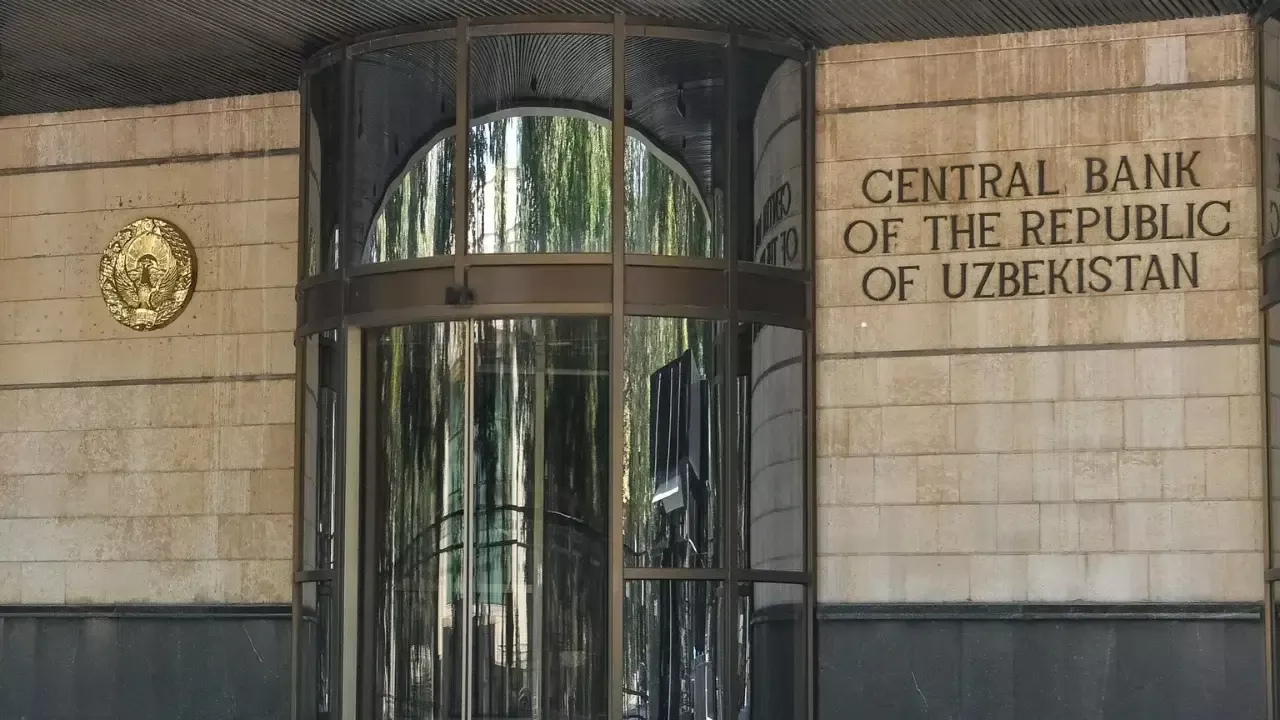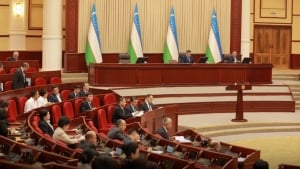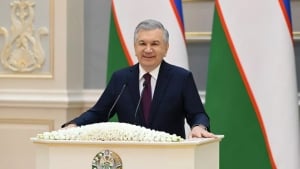
The Central Bank has presented a draft Code of Ethics regulating the relations of participants in the credit trade market of the Republic of Uzbekistan for public discussion. This was reported by Zamin.uz.
Within the framework of this project, it is planned to introduce the “Trust Mark” system through the FinTex Association. This mark confirms that credit services are provided legally and transparently and allows customers to identify the reliability of organizations.
According to the new rules, each credit organization will be required to provide complete information on its official website about product types, payment procedures, commissions, and penalties. Additionally, misleading phrases such as “0%,” “free,” and “suitable for everyone” will be prohibited in advertising.
Customers will be fully informed about the annual interest rate, total payment amount, and consequences of delays before signing a contract. Credit will only be granted to citizens over 18 years old, and the initial limit will not exceed 2 million soms.
If a customer wishes to increase the limit, their debt burden must not exceed 50 percent. Interest and fees must not exceed half of the loan amount per year.
Unlawful methods such as threats or pressure during the debt collection process are strictly prohibited. Also, to prevent fraud, biometric registration and the establishment of information and cybersecurity departments are envisaged.
Economist Otabek Bakirov criticized this mechanism, stating that in practice the code transfers control to a private non-governmental organization — the FinTex Association. He also criticized the membership fee for obtaining the “Trust Mark,” which amounts to 12 million soms or 1,200 dollars, as well as FinTex’s maintenance of the market participants’ registry.
According to the expert, such a mechanism is anti-competitive and may lead to artificial concentration in the credit market. When control passes to a private organization, there is a risk it may become an unlawful regulator.
Bakirov also criticized the draft code because its full text has not been published and emphasized that if the membership obligation is removed, the document could be adopted appropriately. According to the Central Bank, proposals and objections regarding the draft Code of Ethics are being accepted from the public (Zamin.uz).






